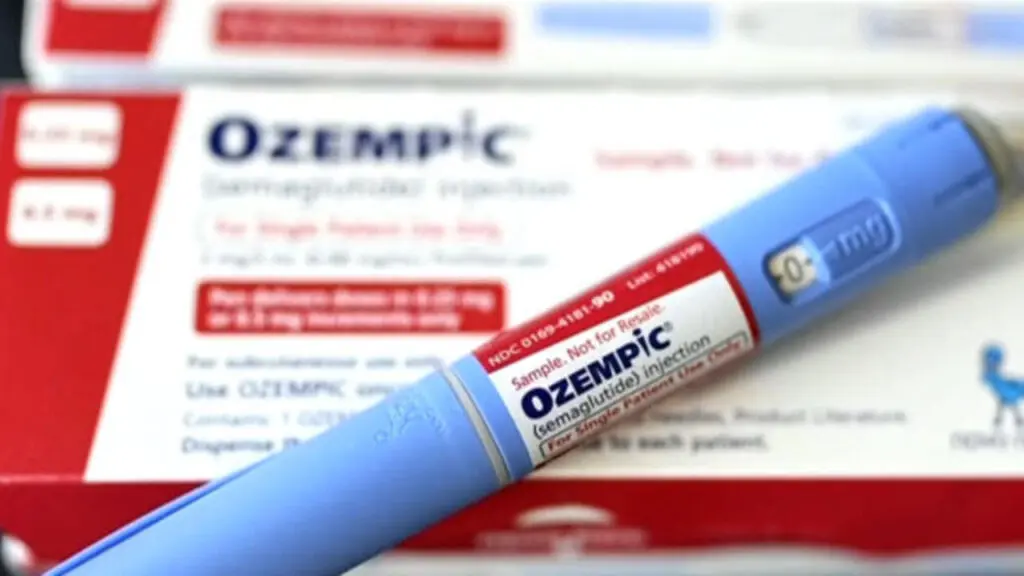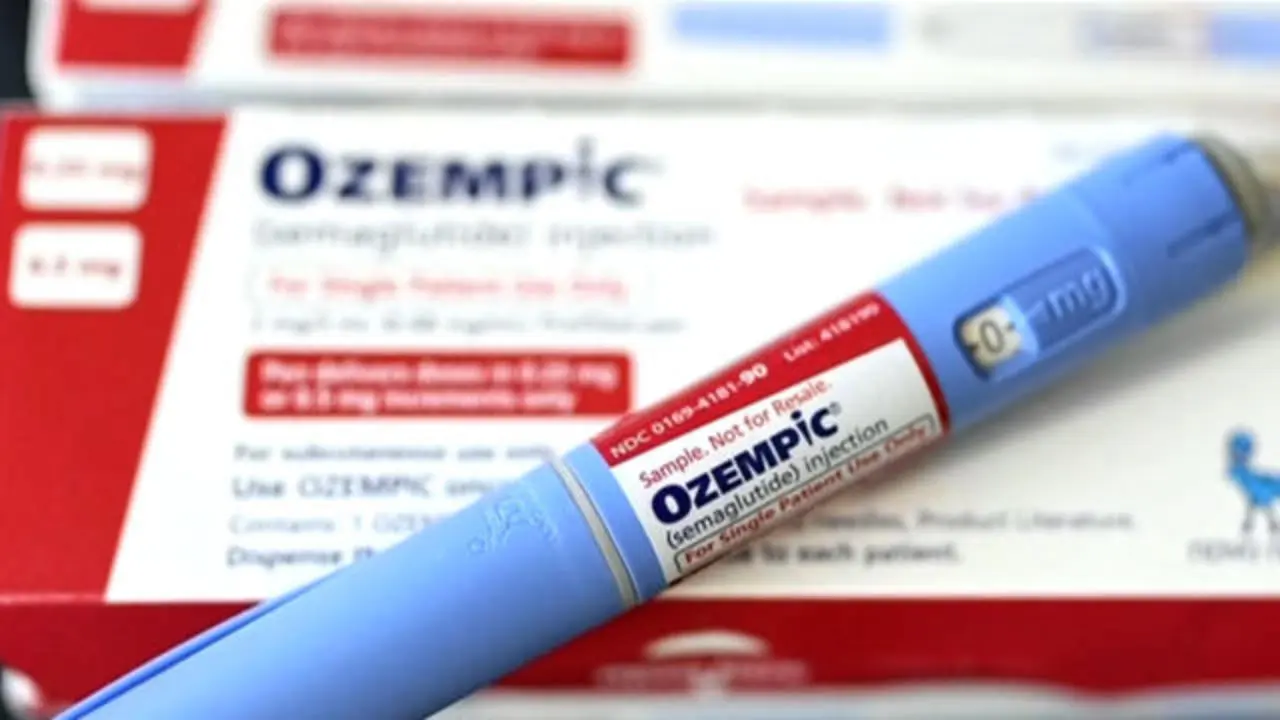Ozempic Lawsuit Updates
November 18, 2024 by Susan MohrAs of November 2024, there are 1,221 personal injury lawsuits for gastroparesis, ileus, and intestinal blockage or obstruction in MDL 3094 in the Eastern District of Pennsylvania.
In July 2024, lawyers began investigating Ozempic vision loss lawsuits. People who took any semaglutide drug, such as Ozempic and Wegovy, and suffered vision loss may qualify to file a lawsuit for potential compensation.

Background On Ozempic And Its Uses
Ozempic is a medication primarily used to manage Type 2 diabetes, a condition characterized by high blood sugar levels due to insulin resistance or insufficient insulin production. The drug’s active ingredient, semaglutide, is a GLP-1 receptor agonist miming the incretin hormones, which prompt the body to release insulin following meals, helping lower blood sugar levels effectively. Developed by Novo Nordisk, Ozempic is administered via a once-weekly injection and has shown efficacy in not only controlling blood sugar but also promoting weight loss, which is beneficial for individuals with Type 2 diabetes who are often battling obesity as well.
Due to these dual benefits, Ozempic has gained considerable attention as a diabetes treatment and weight management solution. However, as its popularity increased, so did scrutiny over its potential side effects and associated legal challenges.
Recent Legal Actions Against Ozempic
Legal actions against the pharmaceutical company producing Ozempic have seen a noticeable increase in recent months. Patients who have been prescribed Ozempic for diabetes management have reported severe side effects, including gastrointestinal issues and exacerbated conditions that they claim were not adequately disclosed. This has led to lawsuits filed across various states, alleging insufficient warning labels and a lack of comprehensive risk communication from the manufacturer.
The lawsuits argue that the company prioritized market release over patient safety, neglecting to conduct thorough testing. Legal experts observe a growing trend of these claims moving towards class-action status as more affected individuals come forward. The manufacturer maintains that Ozempic is safe and effective when used as directed and commits to a vigorous defense against these allegations. However, the cases continue to attract significant attention and scrutiny within the legal and medical communities.
Key Allegations In The Lawsuits
In the ongoing Ozempic lawsuits, key allegations primarily revolve around claims that the manufacturer, Novo Nordisk, failed to adequately warn patients and healthcare providers about potential side effects of the drug. Plaintiffs assert that the company did not conduct sufficient research on the long-term impact of Ozempic, particularly concerning its links to severe gastrointestinal issues and increased risk of other adverse health conditions.
Some lawsuits also allege misleading marketing practices, arguing that Novo Nordisk overstated Ozempic’s benefits for weight loss without clearly communicating the associated risks. Additionally, it is claimed that the company’s promotional strategies targeted individuals beyond the drug’s approved use for type 2 diabetes management, thereby increasing off-label use. These allegations highlight concerns about patient safety, transparency in clinical communication, and ethical marketing standards within the pharmaceutical industry.
Impact On Patients And Healthcare Providers
The ongoing Ozempic lawsuit has significant implications for both patients and healthcare providers. Patients who have relied on Ozempic for managing type 2 diabetes may face uncertainty regarding their treatment plans. Concerns about potential side effects and complications cited in the lawsuits could lead to apprehension and mistrust towards the medication, prompting patients to seek alternative treatments. This situation burdens healthcare providers, who must stay informed about legal developments while ensuring patient safety.
Providers may need to dedicate additional time to discussing concerns, evaluating treatment plans, and considering alternative medications for their patients. Furthermore, the litigation could impact insurance coverage and prescription practices if settlements or rulings influence perceptions of Ozempic’s safety and efficacy. The lawsuit underscores the importance of transparent communication between patients and healthcare professionals to navigate these challenges effectively.
Legal Responses From Ozempic Manufacturer
The manufacturer of Ozempic has been actively responding to lawsuits by emphasizing the safety and efficacy of their product, which has undergone rigorous testing and received regulatory approval. The company asserts that they have transparently communicated potential side effects through the drug’s labeling, aligning with regulatory standards. They argue that the allegations in most lawsuits do not accurately reflect the comprehensive clinical data that underscores Ozempic’s benefits for managing type 2 diabetes.
In its legal responses, the company also highlights extensive research and post-marketing surveillance supporting the drug’s safety profile. Furthermore, it expresses commitment to working with healthcare professionals to ensure patient safety, aiming to resolve misunderstandings about the medication’s risks. It continues to engage with the legal process to defend its product and protect its reputation in the pharmaceutical industry.
Implications For Future Diabetes Treatments
The Ozempic lawsuit underscores significant implications for the future of diabetes treatments. As legal scrutiny intensifies, pharmaceutical companies may exercise heightened caution in drug development, ensuring comprehensive clinical trials and transparent reporting of potential side effects. This increased caution could lead to more thorough safety profiles for new treatments, ultimately benefiting patients. On the flip side, litigation may cause delays in bringing innovative therapies to market, potentially slowing the progress of advancements in diabetes care.
The legal outcomes could also influence pricing strategies and insurance coverage for existing and future medications, affecting patients’ accessibility. The lawsuit might also prompt a shift toward more personalized medicine as researchers and clinicians strive to tailor treatments to individual patient needs and minimize adverse effects. These legal developments could shape a more cautious and patient-focused trajectory for diabetes treatment innovation.
For more information about our Ozempic signed cases, contact us at te**@******tg.com.
Get started before your competitors do …there is a limit to how many clients we can onboard.
CONTACT US FOR A QUOTE. CALL 866-695-9058 OR USE OUR REQUEST A QUOTE FORM.
Susan Mohr
Mohr Marketing, LLC
CEO and Founder


Recent Posts
- Top 10 healthcare digital marketing strategies
- How to Rank Higher on Google Maps
- Ranking on Google Maps: Boost Your Local Visibility
Categories
- AI and Lead Generation
- Business Financing
- Call Verified MVA Leads
- Car Accident Help
- Car Accident Settlements
- Claimant Funding
- Compliance Program
- Google Maps Ranking
- Healthcare Practice Growth
- Law Firm Growth
- Law Office Operations
- Lead Generation
- Lead Generation For Attorneys
- Lead Generation For Chiropractors
- Lead Generation For Criminal Attorneys
- Lead Generation For D&A Treatment Centers
- Lead Generation For DUI Attorneys
- Lead Generation For Eye Doctors
- Lead Generation For Family Law Practices
- Lead Generation For PI Law Firms
- Lead Generation For Plastic Surgeons
- Leads For Healthcare Professionals
- Leads For Insurance Industry
- Legal Leads
- Legal Marketing
- Legal Updates
- Mass Tort Leads
- Medicare and Medicaid Leads
- Merchant Funding Leads
- Online Marketing Strategies
- Pre-Settlement Funding
- Signed MVA Cases
- Tort Updates
- Truck Accident Settlements
- Web Design
Archives
Copyright © 1994-2025 Mohr Marketing, LLC. All Rights Reserved.


